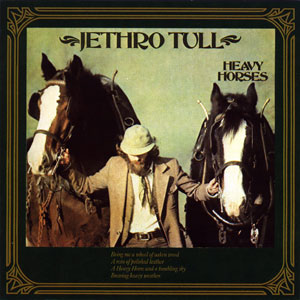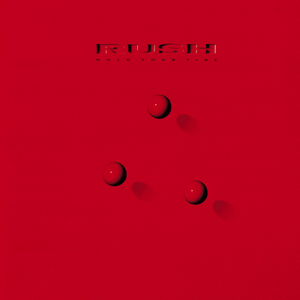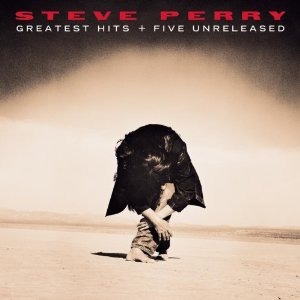The music is a strange hybrid of country blues with vaudeville, with a few flashes of their “classic” sound. For much of it, only Ray Davies’ voice—itself a mix of his twee and drunken deliveries—makes it clear who the band is; brother Dave contributes neither songs nor lead vocals, but we do get to hear his harmonies and fretwork. John Gosling’s keyboards fill up a lot of space when not competing with a horn section.
Something of an overture to the album, “20th Century Man” takes a while to get going, a driving strum along the lines of “Victoria”, set in its ways as it is in its chords. It finally picks up speed by the end, but fades to the oompah jazz of “Acute Schizophrenia Paranoid Blues”, which stumbles along under New Orleans horns. Perhaps it’s an actual affliction, as the mushmouthed narrator of “Holiday” blurs the reality of whether he’s on vacation or has been sent somewhere to recover. Resistance to change is further stated in the very Kinky “Skin And Bone”, which decries diets that erase “cuddly fat” from the women who lose weight. A touch of accordion gives a European flair to the lament in “Alcohol”, which would end up being a chant of solidarity when performed in front of inebriated concert crowds. It’s an interesting juxtaposition with the next track, wherein the narrator goes to a doctor to cure his multiple ills, only to be told that he suffers from a “Complicated Life”.
“Here Come The People In Grey” spells out the concerns of the fellow on the first side, who equates the effects of urban renewal with being institutionalized. As before, the time-honored panacea is simply to “Have A Cuppa Tea”, which presumably offers more satisfaction than a harry rag, even with the ragtime ending. Another cautionary tale of danger in the big city is told in “Holloway Jail”, where a sweet thing is framed and imprisoned for a crime by a guy she meets. The title of “Oklahoma U.S.A.” may seem to Americans an odd term to use, but in this case it refers to the Broadway musical and film. Despite the sentiment, it’s a lovely song. “Uncle Son” could be another confusing title except that, like a lot of the character studies, it’s based on an actual relative with that name, who (surprise) lived simply and wanted for little else. “Muswell Hillbilly” sums up the themes yet again for anyone who hadn’t picked up on them, but this time it’s in a catchy, familiar format, complete with singalong chorus.
While the political concerns are distinctly British, the constant allusions to America make Muswell Hillbillies more universal, and ultimately it’s a winner. The down side is that ignoring the lyrics makes a lot of the songs, with their simple chords, run together, while the lyrics repeat the same ideas too many times. This is clear with the two outtakes included on the first expanded reissue of the album, “Mountain Woman” using an Appalachian stereotype to illustrate enforced relocation, while “Kentucky Moon” at least acknowledges that the narrator has only the slightest idea what all those mythological American landmarks are really like.
A British deluxe edition included those two, plus some alternates, demos, and BBC radio versions on a bonus disc. A year later, once Sony had grabbed the rights to the catalog, some of those were crammed on the disc after the album proper, while a DVD offered several BBC TV performances from the following year. (One key outtake from the album is “Lavender Lane”, likely left off for self-plagiarism from “Waterloo Sunset” despite spelling out the transition to council estates and tower blocks.)
Just to confuse things further, the album’s 50th anniversary entailed a pairing with their next album in a deluxe CD and LP set, with some of the previous bonus tracks included on the LP but not CD, and the CD (which was also available on its own) including new mixes of two album tracks and the previously unreleased outtake “Travelling With My Band”, which has the Muswell sound but thematically belongs to the next album.
The Kinks Muswell Hillbillies (1971)—3
1998 Konk CD reissue: same as 1971, plus 2 extra tracks
2014 Legacy Edition: same as 1998, plus 7 extra tracks (and DVD)
2022 50th Anniversary Edition: same as 1971, plus 3 extra tracks



:format(jpeg):mode_rgb():quality(90)/discogs-images/R-2032903-1433516656-1696.jpeg.jpg)




